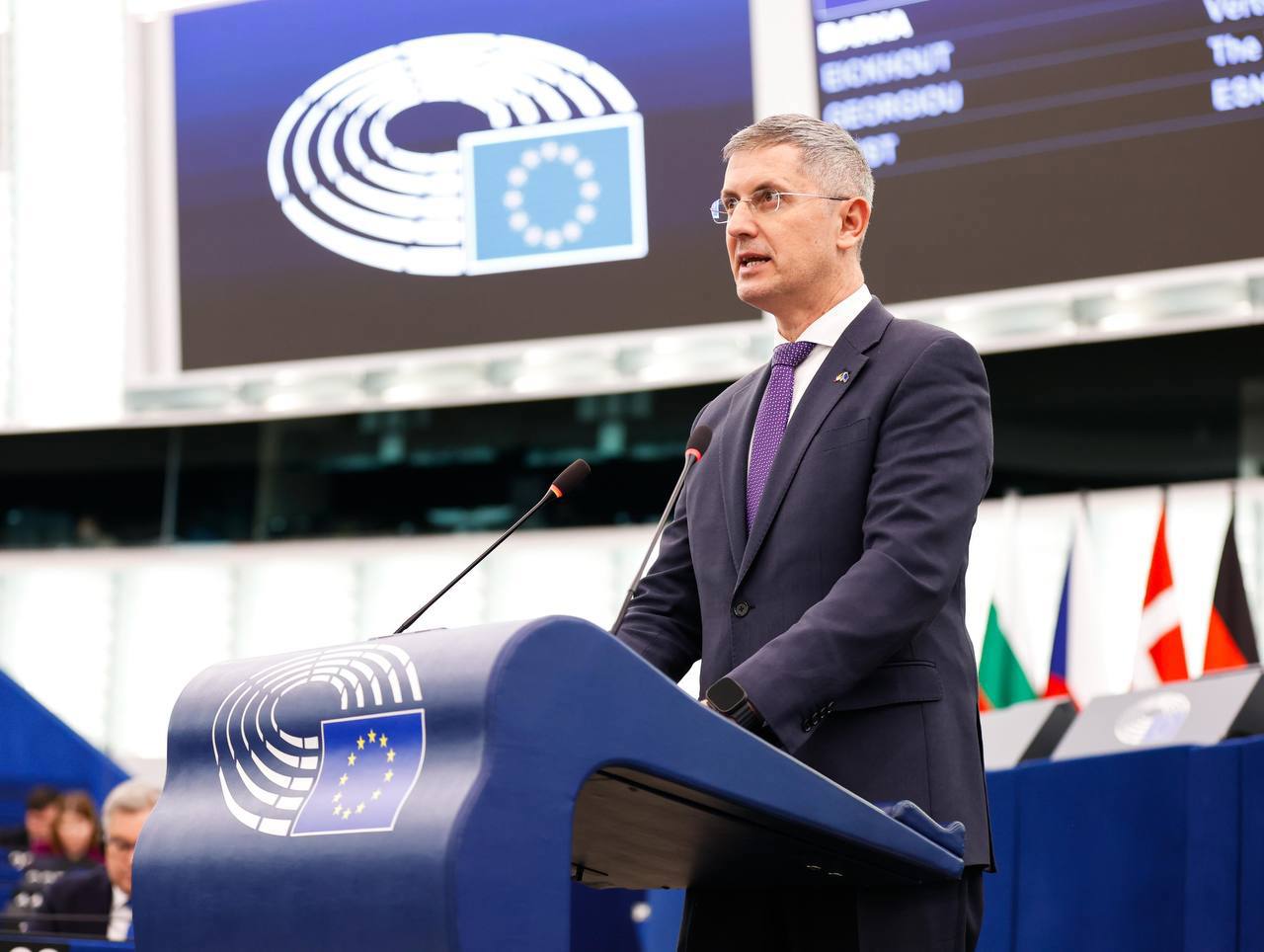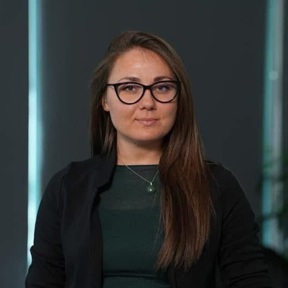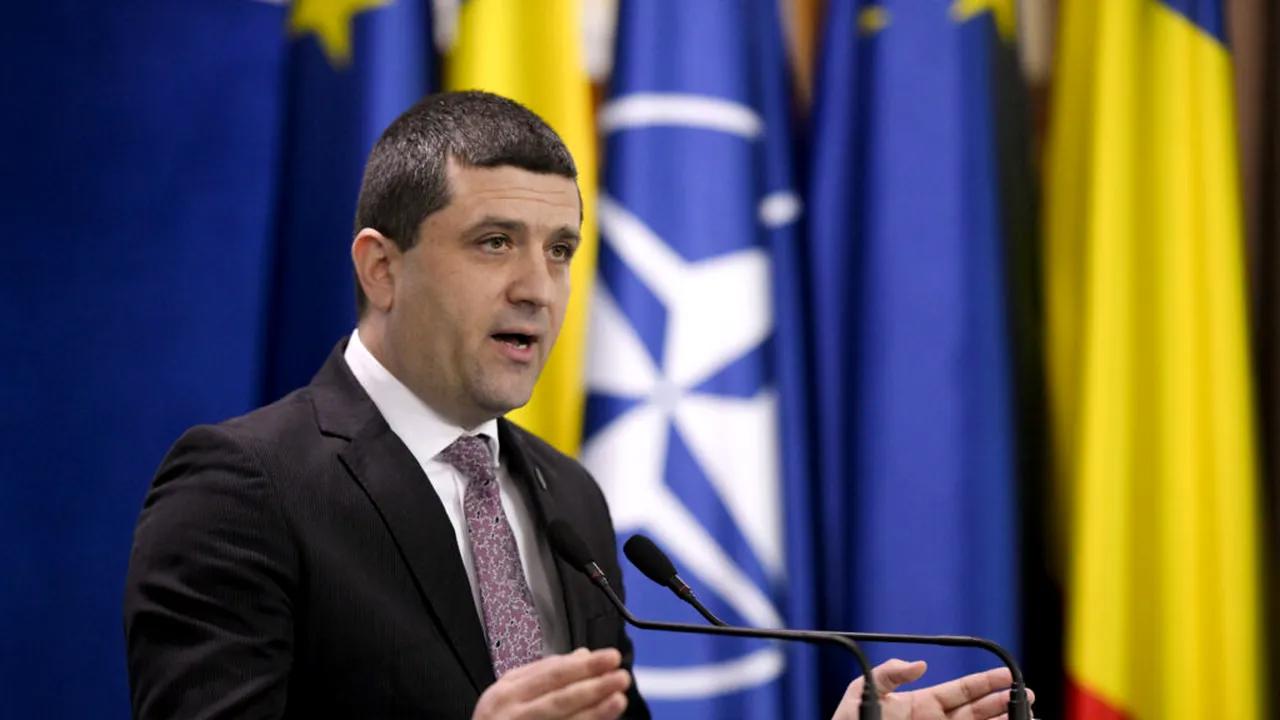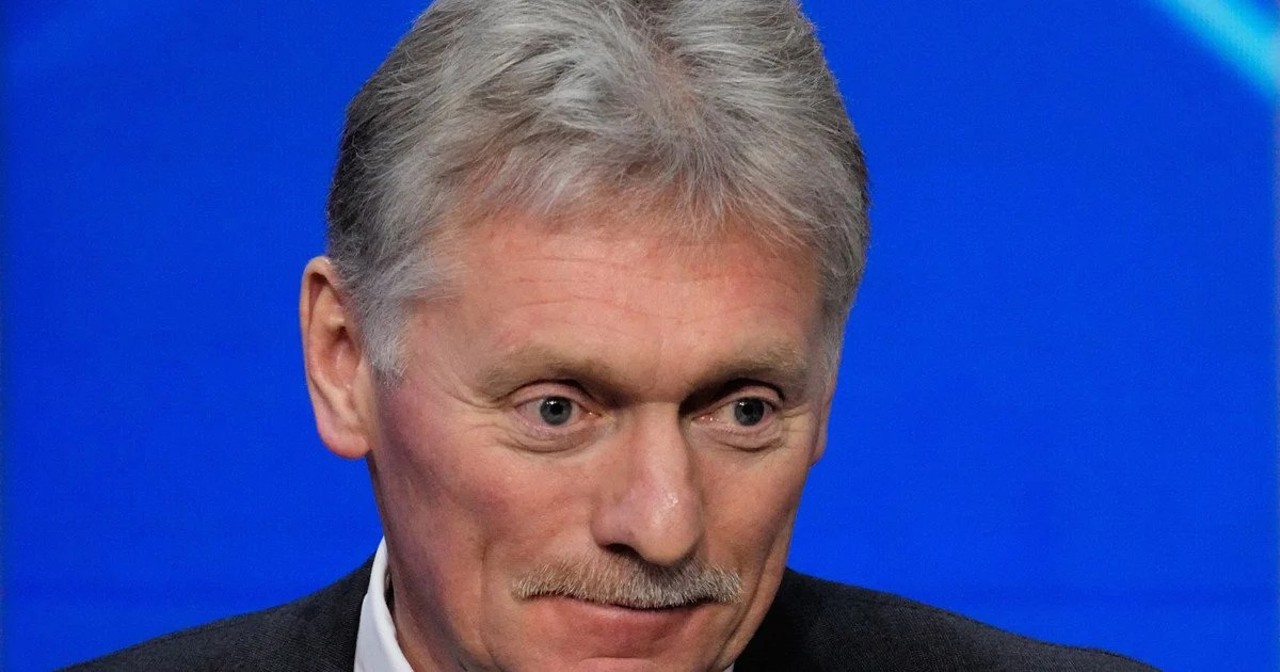Moldovan Students Seek Competitive Edge with EU Programs
Students at the State University of Comrat express enthusiasm for the European Union's mobility programs.
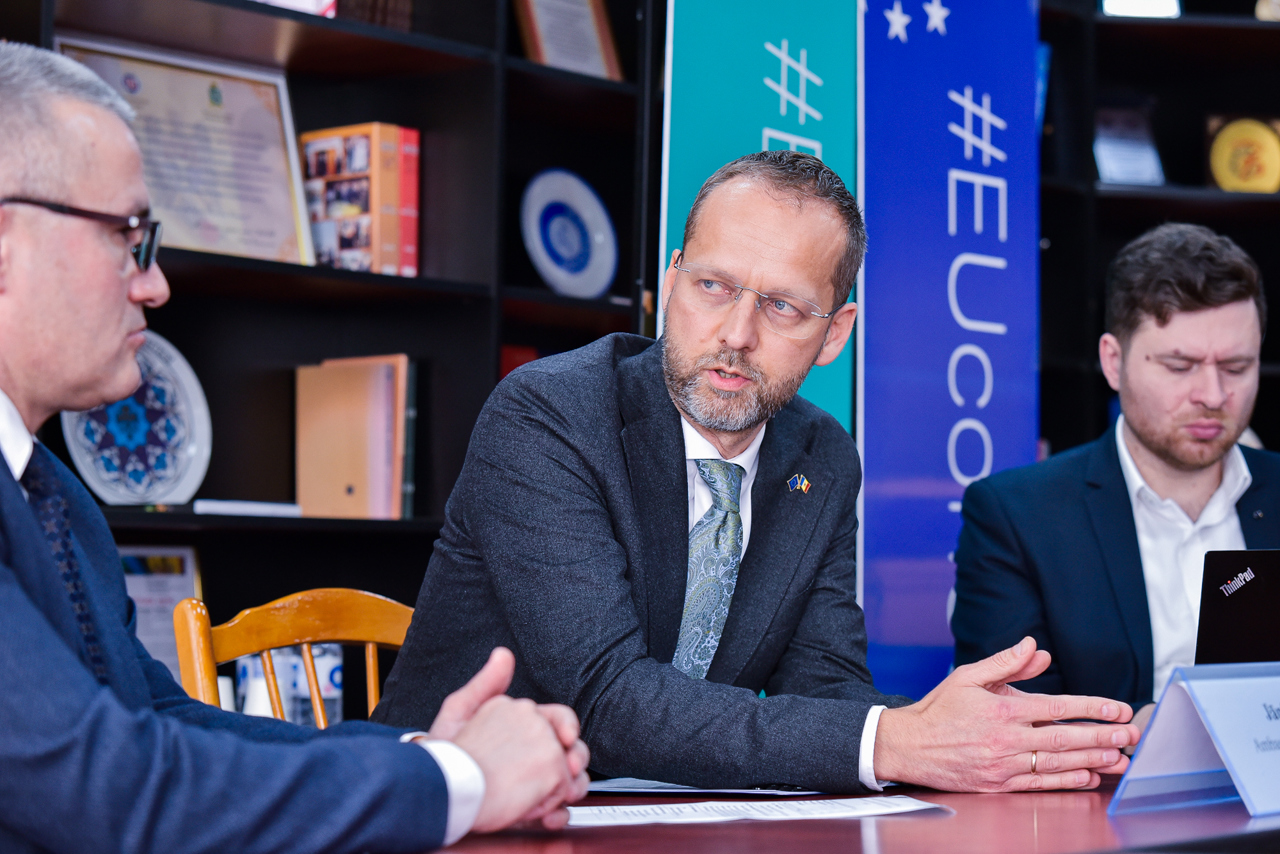
These programs facilitate exchanges and collaborations with European universities, extending opportunities to professors as well. On Friday, EU Ambassador to the Republic of Moldova, Janis Mazeiks, visited the university located within the autonomous region of Gagauzia.
"It could involve student exchanges to share experiences. This is interesting because it offers additional experience, knowledge, and skills that will make me more competitive here," remarked Corina, a student in the Faculty of Economics.
"Of course, the experience the EU offers is important to us. When we look at the global economy, the European Union has a more advanced economy than the Republic of Moldova and the autonomous region of Gagauzia, unfortunately. Our infrastructure is underdeveloped, and we have few investors. We must do everything we can to develop the local economy," added Oleg, also a student in the Faculty of Economics.
The University of Comrat actively participates in projects funded by the European Union through its educational mobility programs.
"We have been working diligently on European projects for the past ten years, including initiatives within Erasmus, Horizon 2030, and others. We are active in student and faculty exchanges, and we are securing projects that allow us to expand our material and technical resources," explained Serghei Zaharia, Rector of the State University of Comrat.
"This was a very interesting discussion for me. We addressed the Republic of Moldova's European future, the dialogue between Chișinău and Comrat, as well as issues related to autonomy rights, the Gagauz language, and specialised topics such as agriculture and potential support from the European Union," stated EU Ambassador to Chișinău, Janis Mazeiks.
Over the past five years, the European Union has financed projects in the autonomous region of Gagauzia valued at approximately 100 million euros. Key initiatives include programs supporting agriculture, economic development, and small and medium-sized enterprises.
Translation by Iurie Tataru
